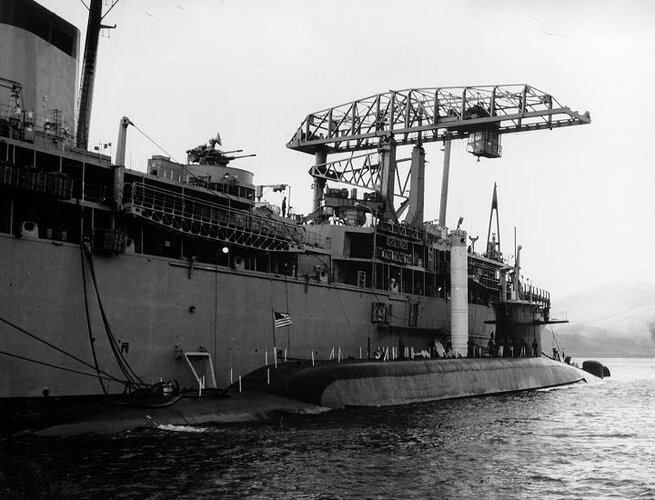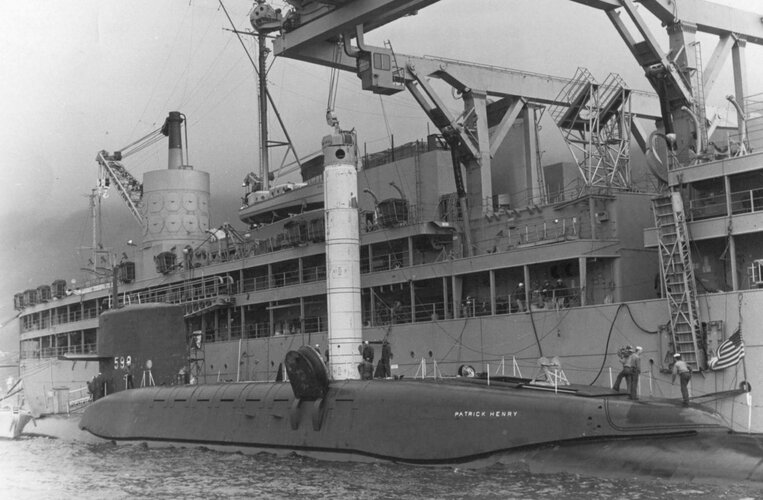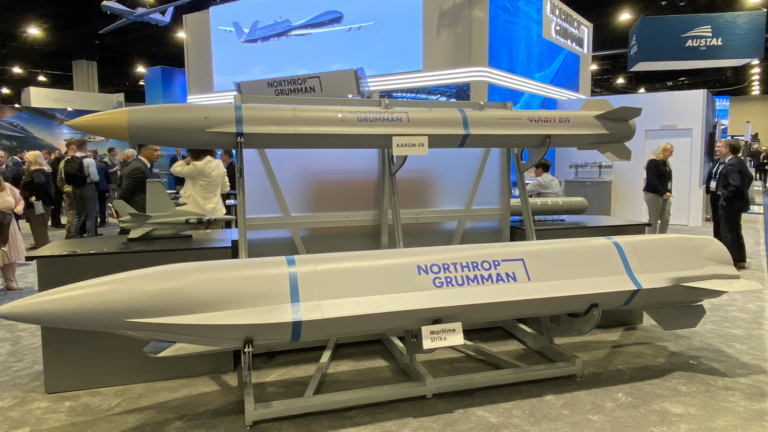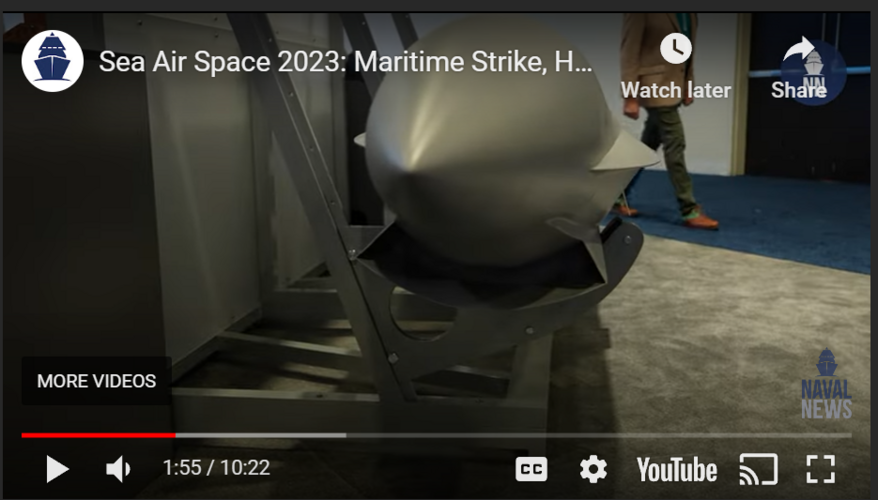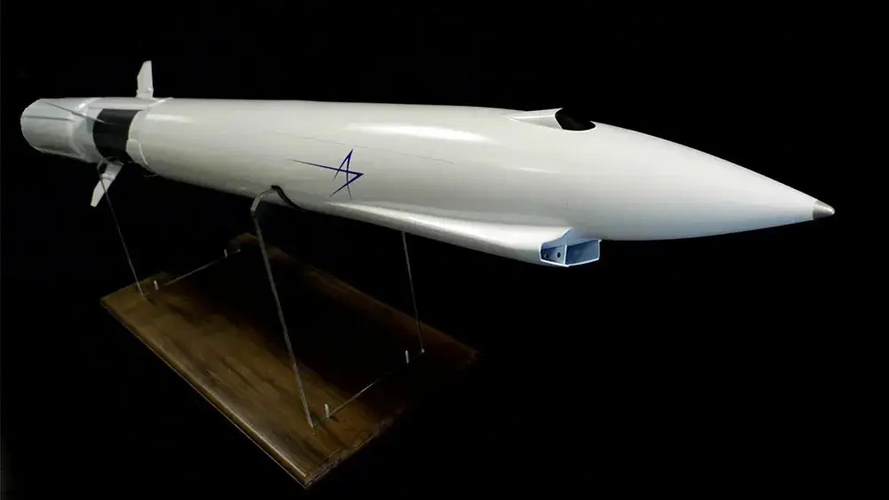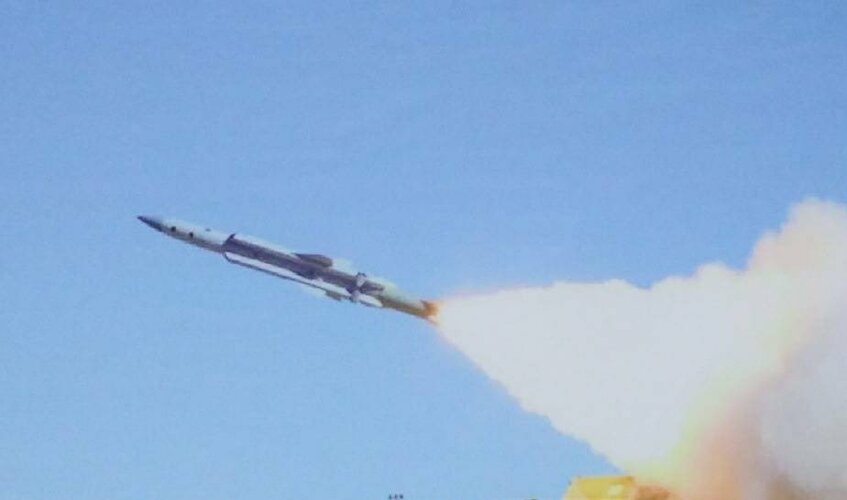Just a sidenote: seems, that some surface ships also need more effective defensive "punch" (or, perhaps "block"?).
The case of "Moskva" sinking is examplery, just after 40 years of HMS Sheffield.
Moskva was outdated and received very little modernization though?
You might as well complain that USS Warrington being damaged in Vietnam "proved" that contemporary escorts like Spruance are overly vulnerable to underwater attack. Nevermind that Warrington was struck by two American naval mines because she disregarded warnings about the area being a munition jettison area for attack aircraft.
The takeaway from Moskva, Sheffield, Stark, Swift, and Hanit is that modern anti-ship missiles can damage ships when crews do not expect to be attacked. The takeaway from Mason and Gloucester is that a crew at combat readiness expecting missile attacks is mostly immune to missile attacks. This is about as surprising as "bullets can hurt you if you get hit".
There is nothing "exemplary" about Moskva. It's actually an outlier, which is what you really mean, and it's notable because it was a big, old, unmodernized ship that fit the stereotype of Western perceptions of the Russian military which have seemingly not been updated since the 1990's. The exemplars, if anything, are the Gorshkovs and Grigorovichs that have thwarted similar repeat attacks with more modern air defense suites based on the Tor weapon system that can kill drones or helicopters attempting OTH targeting. "Exemplar" means "typical", after all, not "extraordinary".
If anything, ships need larger and overworked crews, and fewer training hours, and navies need more ships, but they won't get that until a war happens, and only after the war is over.

www.defensenews.com
